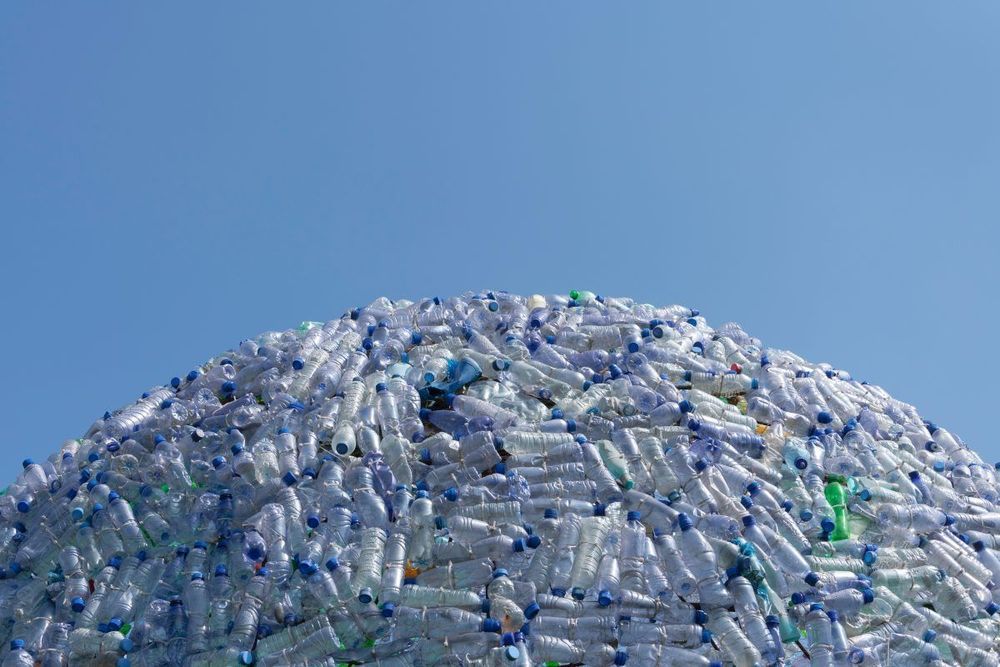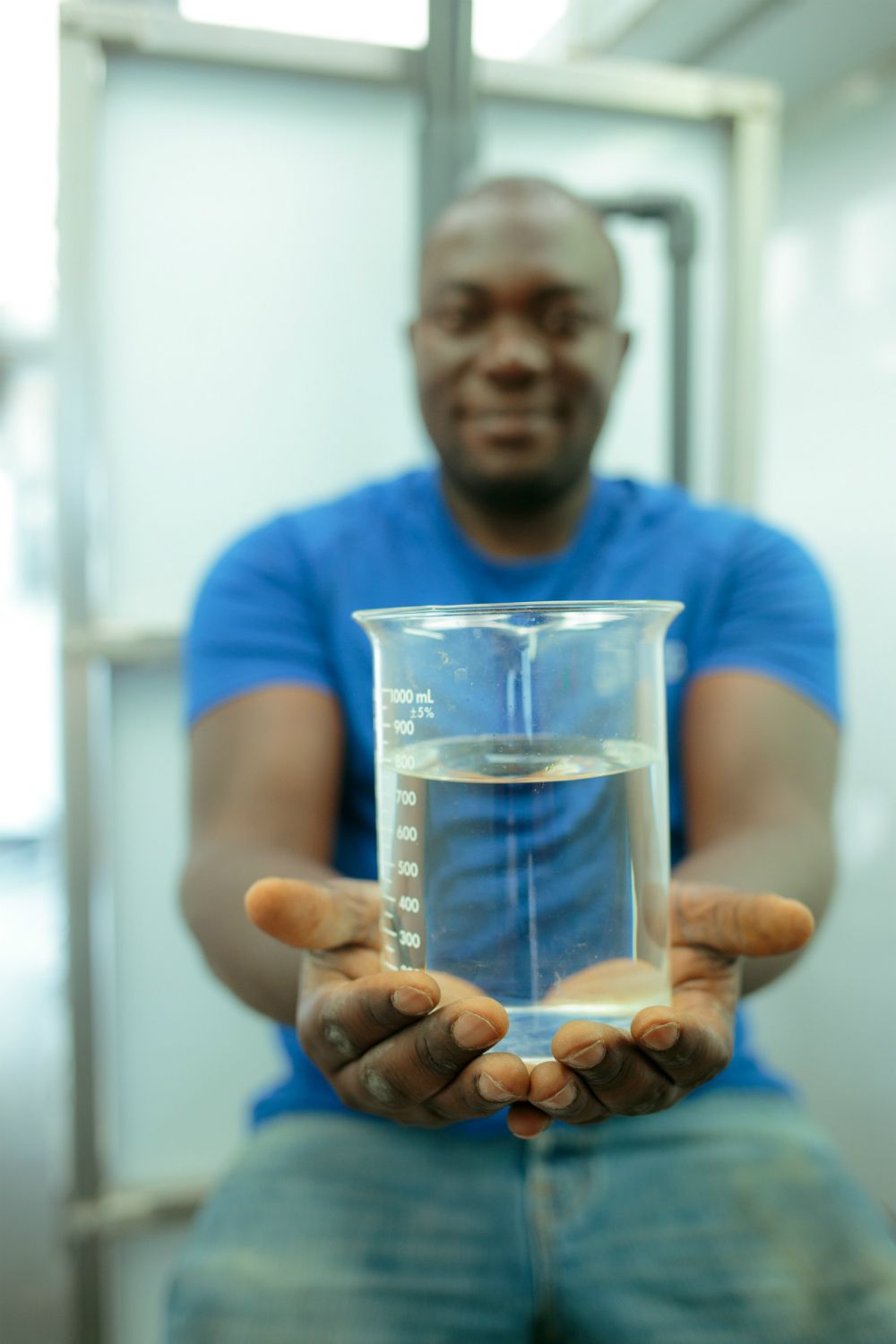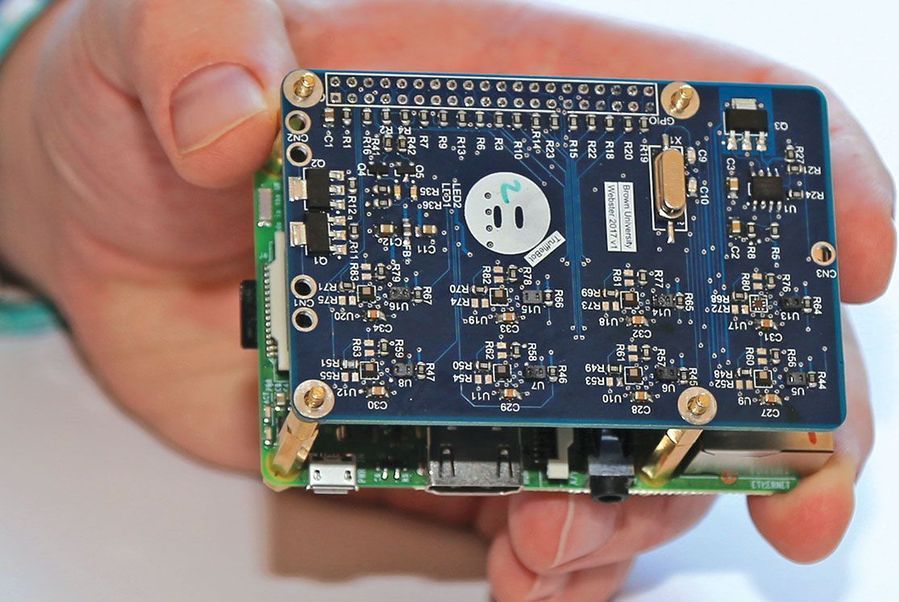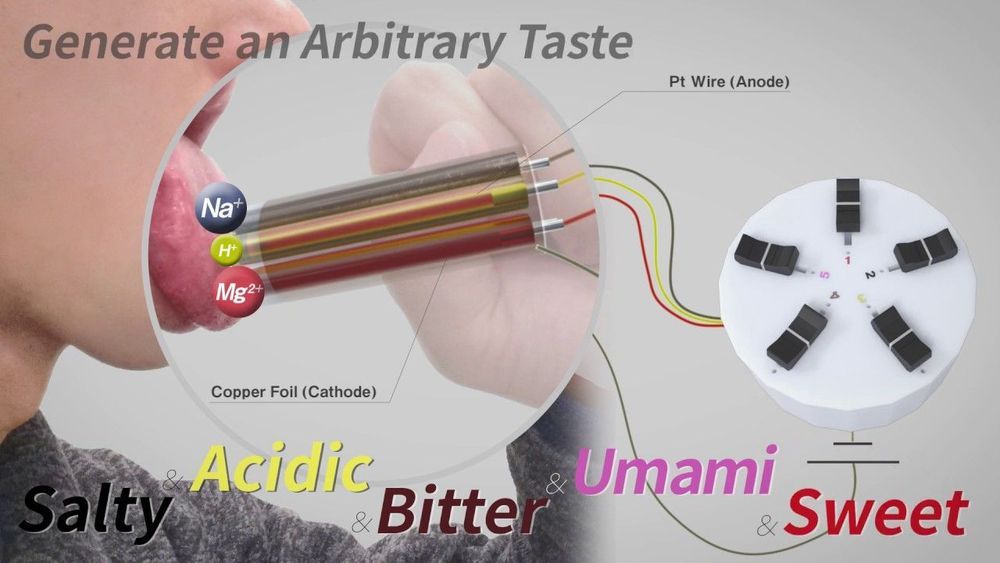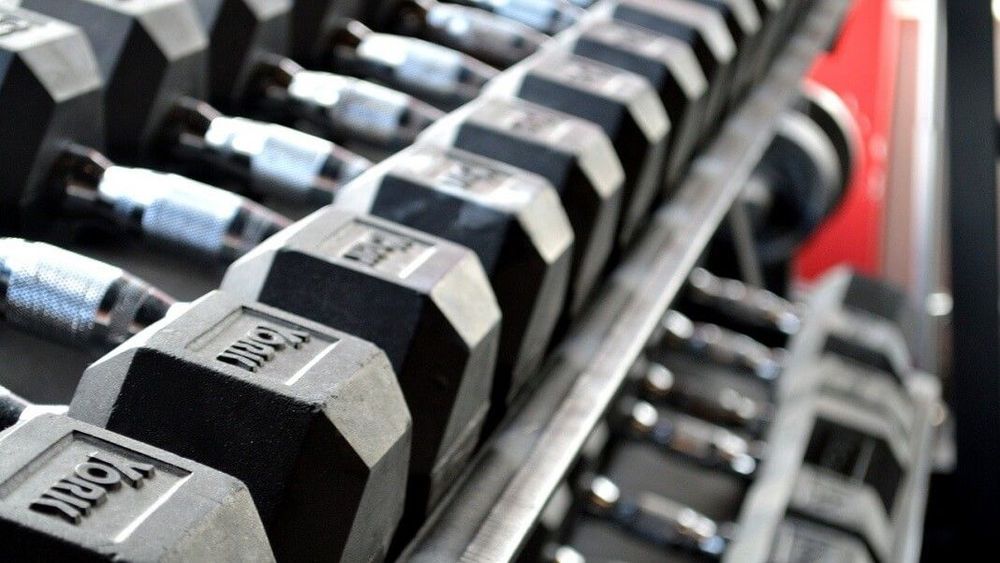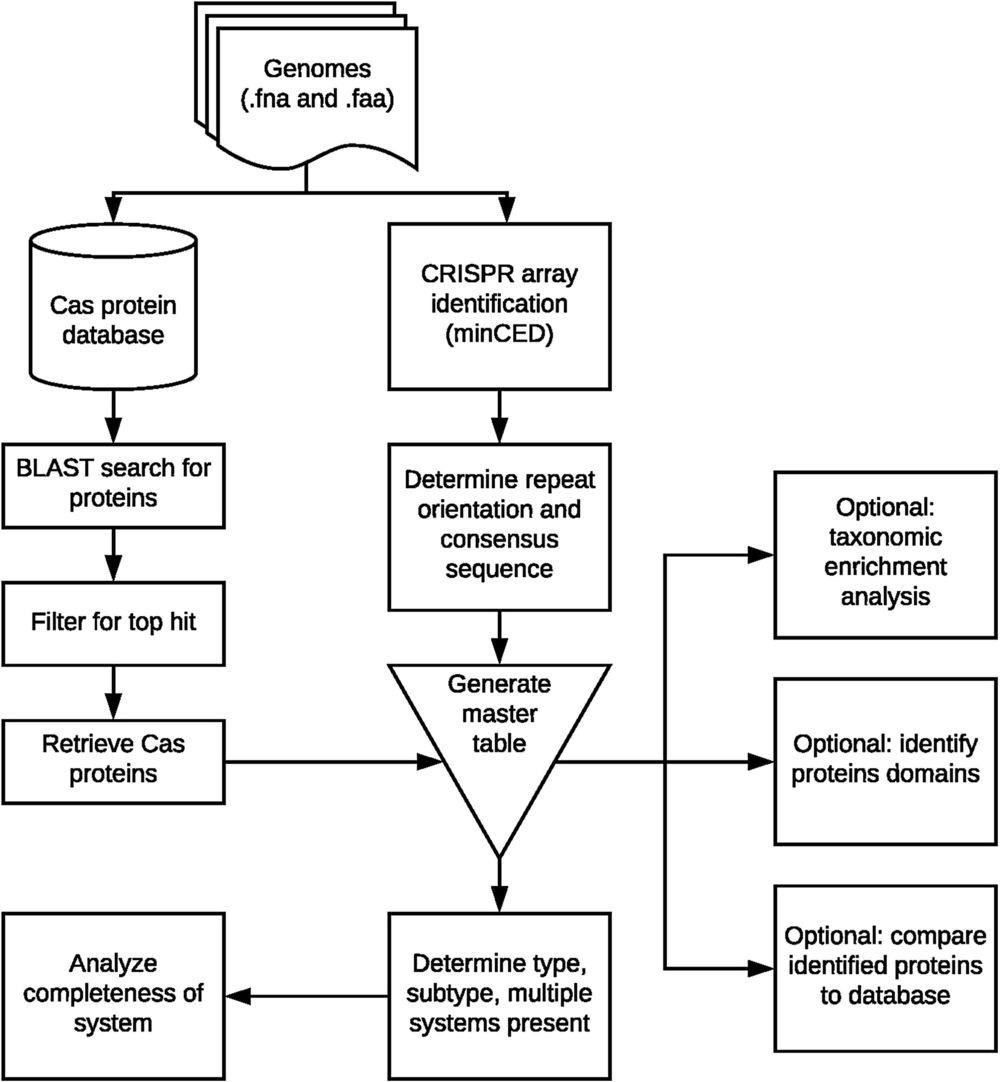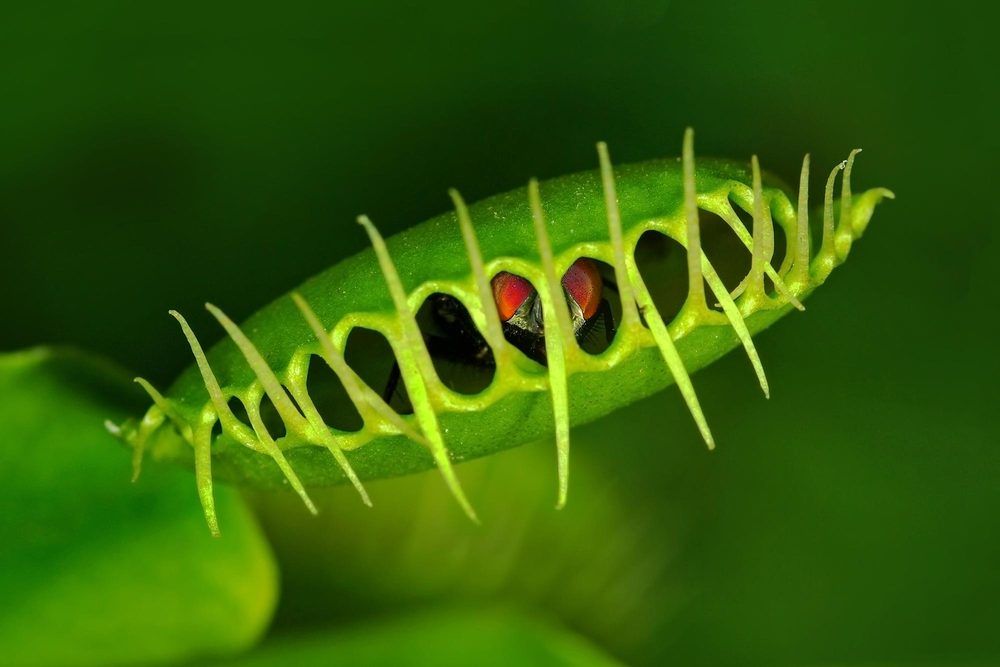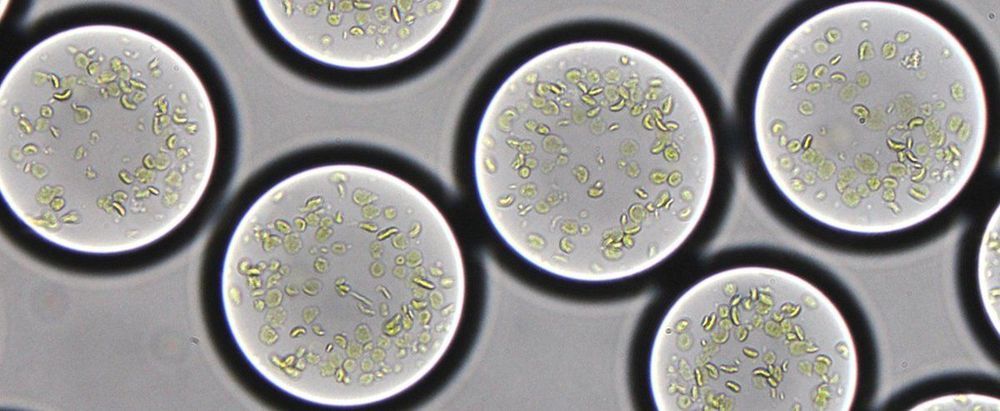May 26, 2020
‘Digital smell’ technology could let us transmit odors in online chats
Posted by Quinn Sena in categories: augmented reality, food, internet, neuroscience, virtual reality
“It’s not just about the smell,” said Adrian Cheok, one of the scientists behind the experiments. “It is part of a whole, integrated virtual reality or augmented reality. So, for example, you could have a virtual dinner with your friend through the internet. You can see them in 3D and also share a glass of wine together.”
In real life, odors are transmitted when airborne molecules waft into the nose, prompting specialized nerve cells in the upper airway to fire off impulses to the brain. In the recent experiments, performed on 31 test subjects at the Imagineering Institute in the Malaysian city of Nusajaya, researchers used electrodes in the nostrils to deliver weak electrical currents above and behind the nostrils, where these neurons are found.
The researchers were able to evoke 10 different virtual odors, including fruity, woody and minty.

